Tips for Setting Career Goals
- Sep 1, 2023
- 4 min read
Updated: Jan 30, 2024

Thinking about the future and career goals can seem like an overwhelming task at first, however, it is one that is crucial in our professional lives. Setting career goals helps you build your career and improves your professional development by displaying your ambition and drive to your employers. Research suggests that setting and working towards goals can increase the likelihood of success by up to 50%.
Not only does setting career goals show your motivation to those you work with, but it also sets guidelines for your own personal view of your success. Knowing what you wish to achieve will make it easier for you to form the path towards it. Let’s look at a few tips on setting these career goals.
How to Set Career Goals
When planning your career goals, it is important to make sure that they are attainable. Goals are more likely to be achieved when they are realistic and not overly challenging. A good way to measure this is with the SMART model:
Specific: A goal should be clear and specific in order to make it easier to develop the plan to achieve it. It should be well-defined and narrowed down, not broad.
Measurable: There should be aspects of your goal that you can measure that will evaluate whether or not the goal was achieved. You should be able to track your progress to indicate how close you are to completing your task.
Attainable: Goals should be challenging, but also realistic and attainable. It is important to understand the likelihood of accomplishing a goal given the time, knowledge, and resources that you have.
Relevant: Relevant goals are ones that are important to you or your business. Make sure that your goals are pertinent to you and/or to your company’s vision and values.
Time-Bound: When setting a goal, it is important to set a good time-frame for its completion. Deciding when a goal should be achieved helps build momentum.
The SMART model is a great guideline to building effective goals and plans to achieve them. Use it as a way to measure your goals as you create them while also considering these 5 tips:
1. Write down your goals
Did you know that if you write down your goals, you are 42% more likely to achieve them? Decide your goals and list them in a journal or planner where you might even be able to record your progress.
2. Think about what is important to you
It is important to ask yourself what is important to you when setting your goals. Try not to think about what the world around you makes you feel like you “should” want; knowing who you are and what you desire should be at the forefront of your mind.
3. Reflect on past achievements
Consider what you have accomplished in the past and the strategies you used to get there. There might be some things you learned and would like to change when you are deciding on some new goals; maybe you yourself have changed and want to align more with your new values and ideas.
4. Break long-term goals into short-term goals
Having both short-term and long-term goals is important to keep you focused each day. Setting short-term goals with your long-term goals in mind can help you concentrate on eventually achieving your main goal.
5. Set goals with a friend
Developing an accountability system with your friends or coworkers is a great way to make sure you are keeping up with your goals. Having someone to share your successes and experiences with will help build your motivation.
Types of Goals
Two different types of goals are short-term and long-term. Having both ensures that you do not lose focus and continue building your professional development. Short-term goals are ones that you are able to accomplish between a few days to a few months. These might include learning a new skill, growing your network, or practicing self-care. Maybe you wish to improve upon problem-solving, organization, or time management skills.
Long-term goals, on the other hand, could take years to achieve. These are sometimes referred to as your dreams or overarching ambitions. These goals include earning a degree or starting your own business. Each type of goal is going to look different for everyone, so it is important to recognize your own personal aspirations that you wish to reach.
Setting your goals is the first step in the journey to reach them, and perhaps one of the most important steps. Knowing where you want to end up is essential to keep in mind as you complete your short-term tasks and develop your professional career.
Our experts at Sedna Consulting Group have helped many individuals with their career goals by connecting them with careers that are the right fit for them. Stepping into your next position is an important step on the journey to achieving those long-term goals. Send us a message on LinkedIn or Instagram to learn more about what Sedna can do for you.
Sources:





Comments